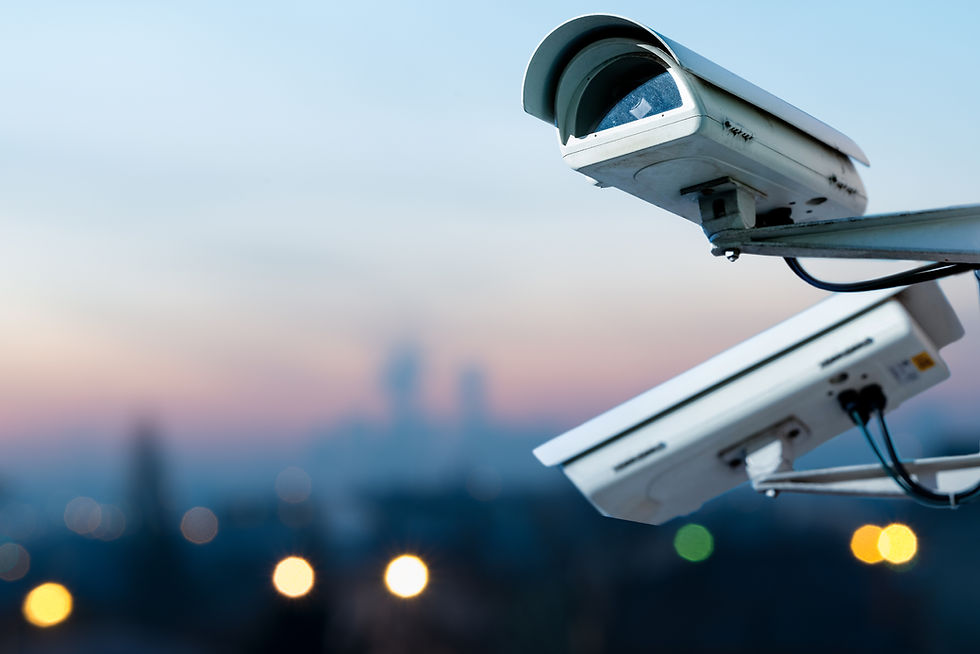Navigating Civil Cryptographic Requirements for Devices Imported into Vietnam
- Tron Chan
- Sep 29, 2023
- 2 min read
Updated: Oct 6, 2023

In today's digital age, ensuring the security of sensitive information is paramount, especially in countries like Vietnam. The Vietnamese National Agency of Cryptography and Information Security of the Government Cipher Committee has established guidelines for using cryptography protocols. Let's explore the approved protocols for devices used in Vietnam.
IPsec VPN:
IKEv1, IKEv2, and ESP Protocols: The Vietnamese National Agency of Cryptography and Information Security permits using these protocols. Notably, IKEv1 will remain valid until 2025.
TLS VPN:
When utilizing TLS VPN, you must ensure that you're using either version 1.2 or 1.3 to comply with the approved standards.
To meet the regulatory standards set forth by the Vietnamese government, all protocols must utilize the following Vietnam cryptographic algorithms:
Vietnam Civil Cryptographic Requirements:
Valid till 2027
AES, Camellia, and SEED: These must have a minimum length of 128 bits, with valid modes being CBC, CFB, OFB, GCM, CCM, and CTR.
CAST: Should have a length of at least 128 bits, with valid modes including CBC, CFB, OFG, and CTR.
GOST R 34.12-2015: This should have a length of 256 bits, with valid modes being CTR and CFB.
RSA: The length should be a minimum of 3072 bits.
DSA and DH: These should have a length of at least 3072 bits.
ECDH, ECDSA, GOST R 34.10-2001, and GOST R 34.10-2012: Must have a length of at least 256 bits.
SHA (256, 384, 512, 512/256 bits)
SHA3 (256, 384, 512 bits)
AES-XCBC-96, AES-CMAC-96, HMAC-SHA (256-128, 256, 384-192, 384, 512-256, 512) and HMAC-SHA3 (256. 384, 512)
Valid till 2025
TDEA: Should have a length of 192 bits, with valid modes being CBC, CFB, OFG, and CTR.
RSA: The length should be 2048 bits.
DSA and DH: These should have a length of 2048 bits.
By adhering to the Vietnam civil cryptographic requirements, you can ensure that your communications remain secure and compliant with the country's regulations. Staying updated on the approved protocols and cryptographic algorithms is essential in maintaining a robust cybersecurity posture in Vietnam. If you want more information about civil cryptographic products in Vietnam, please don't hesitate to contact us. Reference Vietnamese National Technical Specification for Civic Cryptography 2022 (Vietnamese Official Version).

Comentários